
S.C. Malik retired as a UGC Professorial Research Scientist in Anthropology (1988-97). Earlier, he was associated with the Indian Institute of Advanced Study (1966-89), Shimla; M.S. University of Baroda (1956-71); and was the Fulbright Smith-Mundt Scholar at the University of Chicago (1963-65). Some of his major books are: Indian Civilization: The Formative Period (1968); Understanding Indian Civilization: A Framework of Enquiry (1975); Reconceptualising the Sciences and the Humanities: An Integral Approach (1995). There are several edited volumes and significant papers to his credit.
1. While working at Baroda he pursued his research in the field of Palaeoanthropology and was awarded Ph.D. in 1964.
2. From 1963 to 1965 he was Fulbright Smith-Mundt Scholar, in Department of Anthropology and Oriental Institute at University of Chicago.
He started his career from the Maharaja Sayajirao University of Baroda where he continued to work until 1970.
He joined the Department of Archaeology in 1956, as Research Assistant
In 1958, became Lecturer.
In 1959, at the age of 27, he became Reader in the same department.
1. 1957 Bombay Palaeolithic Industries: A Re-evaluation, The Journal of the Maharaja Sayajirao University of Baroda, 6 (1), pp. 1-14.
2. 1959 Recent Explorations in Hoshangabad, The Journal of the Maharaja Sayajirao University of Baroda, 8 (1), pp. 27-34.
3. 1960 The Life and Times of Stone Age Man, The Journal of the Oriental Institute, 10 (2), pp. 149-166.
4. 1962 A Comment on “Epistemology and Archaeological Theory” by Gordon R. Lowther, Current Anthropology, 3, pp. 459-509.
5. 1963 Concepts and Methods in the Racial Classification of India: A Reappraisal, The Journal of the Maharaja Sayajirao University of Baroda, 12 (1), pp. 59-62.
6. 1965 Peninsular India: Problems of Pleistocene Chronology and a Tentative Scheme of Climatic Phases and Stone Industries, Anthropos, 60, pp. 198-203.
7. 1966 The Future of Archaeological Research in India: Some Thoughts, The Journal of the Maharaja Sayajirao University of Baroda, 15 (1), pp. 79-89.
8. Devnimori: A Microlithic Site of North Gujarat, (Appendix), in: R.N. Mehta and S.N. Chowdhury (ed.), Excavation at Devnimori: A Report of the Excavation Conducted from 1960 to 1963, Archaeological Monograph Series no. 8, The Maharaja Sayajirao University of Baroda, Baroda, pp. 188-193.
9. The Late Stone Age Industries from Excavated Sites in Gujarat, India Artibus Asiae, 28 (2-3), pp. 162-174.
10. 1967 Recent Field Research on Problems of Archaeology and Pleistocene Chronology in Peninsular India, Proceedings of the Prehistoric Society, vol. 33, Institute of Archaeology, London, pp. 132-146 (with G.J. Wainwright).
11. 1968 Archaeology as A Source in Writing Socio-cultural and Socio-economic History, The Eastern Anthropologist, 21(3). pp. 291-304.
12. Towards an Integrative Inter-disciplinary Approach for Indian Archaeology: A Plea, The Anthropologist, 11, pp. 77-81.
13. 1969 Culture Areas, Culture History and Regionalism, Language and Society in India, Transactions of Indian Institute of Advanced Study, vol. 8, Simla, pp. 1-9.
14. 1971 New Trends in Archaeology: A Review, Proceedings of the Nagpur University Archaeological Congress, Nagpur.
15. Indian History and Civilization: Anthropological Perspectives, In: S.C. Malik (ed.), Indian Civilization: The First Phase (Problems of a Sourcebook), Indian Institute of Advanced Study, Simla, pp. 61-68.
16. 1972 Cultural Transformation: The Role of the Past, Towards a Cultural Policy for India, Indian Institute of Advanced Study, Simla.
17. Evolution: Some Reflections on its Philosophy, Man and Society, Silver Jubilee Number of the Eastern Anthropologist, Lucknow, pp. 125-136.
18. 1973 Indian Archaeology: Models and Social Relevance, In: D.P. Agrawal and A. Ghosh (ed.), Radiocarbon and Indian Archaeology, Tata Institute of Fundamental Research, Bombay, pp. 366-377.
19. The Role of Theory in the Study of Archaeology in India, Puratattva, 6, pp. 1-11.
20. 1975 Prehistoric Archaeology as a Social Science in India, Man in India, 55 (3), pp. 204-213.
21. 1976 Cultural Transformation in Himachal Pradesh – Development and Planning – National Seminar, New Delhi.
22. Study of Indian Civilization: The Background, The Eastern Anthropologist, 29 (2), pp. 171-187.
23. India C. 1000 B.C. – AD. 1000 : Interpreting Economic Patterns in a Civilizational Framework, Eastern Anthropologist, 29(3), pp. 249-258.
24. Man’s Future : Alternate Values from Anthropology, Seminar on Alternate Futures on Values, (Unpublished) Indian Institute of Advanced Study, Simla.
25. 1977 Indian Civilization : New Images of the Past for a Developing Nation, In: Kenneth David (ed.), The New Wind : Changing Identities in South Asia, 9th International Congress of Anthropological and Ethnological Sciences 1973 Chicago, Mouton, The Hague, pp. 85-94.
26. Movements within the Framework of Change, In: S.C. Malik (ed.), Dissent, Protest and Reform in Indian Civilization, Indian Institute of Advanced Study Simla, pp. 19-27.
27. Harappan Social Structure: Anthropological Framework, Indus Civilization: Problems and issues, Mimeographed, Indian Institute of Advanced Study Simla, pp. 1-43.
28. Determinants of Social Status: A Framework for Reflection, In: S.C. Malik (ed.), Criteria of Status Evaluation in India, Indian Institute of Advanced Study, Simla and South Asia Books, pp. 4-16.
29. 1979 Changing Perspectives of Archaeology and Interpreting Harappan Society, In: D.P. Agrawal and Dilip Chakrabarti (ed.), Essays in Indian Protohistory, B.R. Publishing Corp. Delhi, pp. 187-204.
30. 1982 Autonomy and Wholeness: Thinking about Creativity and Self-Expression, V Triennale, Lalit Kala (unpublished), New Delhi.
31. 1986 Determinants of Social Status in India: Problems and Issues, In: S.C. Malik (ed..), Determinants of Social Status in India, Indian Institute of Advanced Study, Shimla and Motilal Banarsidass, Delhi, pp. 1-27.
32. Alternate Research Models and Strategies: In the Evolutionary Context, Occasional Papers, All India Association for Christian Higher Education, New Delhi, pp. 1-23.
33. 1987 The Dual Nature of Thought, The Visva-Bharati Journal of Philosophy, 24 (1), pp. 113-124.
34. Tradition, Development and Modernity: Some Reflections, Man in India, 67.
35. 1989 Intellectuals, Tradition and Ethnographic Studies: Some Basic Questions, Man in India, 69 (4), pp. 317-345.
36. The Dual Nature of Mechanical Thought, In: S.C. Malik (ed.), Modern Civilization: A Crisis of Fragmentation, Abhinav Publications, New Delhi, pp. 106-126.
37. Who Am I ?, in: S.C. Malik (ed.), Modern Civilization: A Crisis of Fragmentation, Abhinav Publications, New Delhi, pp. 127-139.
38. That is Thou: Autonomy and Wholeness in Creative Art, IIC Quarterly, 16 (2), pp. 69-78.
39. 1990 Holism and Lifestyle Studies: The Civilisational Context, The Eastern Anthropologist, 43 (1), pp. 17-47.
40. Thought as Technology, Progress and Civilisation, In: B.D. Nag Chaudhury (ed.), New Technological Civilisation and Indian Society, Indian Institute of Advanced Study, Shimla and Indus Publishing Co., pp. 127-135.
41. In Search of Quality of Life in Anthropology: Beyond Fragmentation, In: M.M. Agrawal and Amlan Dutta (ed.), Quality of Life, Indian Institute of Advanced Study, Shimla and B.R. Publications, Delhi, pp. 246-269.
42. Towards a Psychological Transformation of Man, in: Kishore Gandhi (ed.), The Odyssey of Science, Culture and Consciousness, Abhinav Publications, New Delhi, pp. 153-158.
43. 1991 Dimensionless Space as Eternal Silence, In: Kapila Vatsyayan (ed.), Concepts of Space: Ancient and Modern, Indira Gandhi National Centre for the Arts and Abhinav Publications, New Delhi, pp. 43-46.
44. The Pursuit of Knowledge and Happiness: Self-Expression, Creativity and Non-Duality, In: R.K. Mishra and B.M. Sagar (ed.), Knowledge, Reality and Happiness, Indian Institute of Advanced Study, Shimla and Munshiram Manoharlal Publishers Pvt. Ltd, New Delhi, pp. 130-140.
45. 1992 Science and New Directions, The Eye, 1 (4), pp. 46-48.
46. 1993 The Study of Man: A Question of Consciousness, Future of the Mind: Mind of the Future Seminar, 23-26 August, Mimeographed, Indira Gandhi National Centre for the Arts, New Delhi and Indian Council for Cultural Relations, New Delhi, pp. 1-6.
47. 1995 Violence-Nonviolence: A Binary System, In: S.C. Malik (ed.), Reconceptualising the Sciences and the Humanities: An Integral Approach, Manohar Publishers and Distributors and Nehru Memorial Museum and Library, New Delhi, pp. 209-234.
48. Matter is Consciousness, In: jayant V. Narlikar (ed.), The Nature of Matter, Prakrti: The Integral Vision, vol. 4, Indira Gandhi National Centre for the Arts, New Delhi, pp. 45-83.
49. Holistic Science and Consciousness, In: Baidyanath Saraswati (ed.), Man in Nature, Prakrti: The Integral Vision, vol. 5, Indira Gandhi National Centre for the Arts, and D.K. Printworld (P) Ltd., New Delhi, pp. 53-77.
50. The Being of Man, Vishwa Jyothi, 1, Sarvarth Santasewa Samithi, Hyderabad, pp. 66-87.
51. Contemporary Relevance of Vivekananda: A Question of Consciousness, Prabuddha Bharata, pp. 295-300.
52. 1996 interface of Science, Consciousness and Identity, In: Baidyanath Saraswati (ed.), Interface of Cultural Identity and Development, Indira Gandhi National Centre for the Arts and D.K. Printworld (P) Ltd., New Delhi, pp. 15-28.
53. Now Be Here Now, In: Kapila Vatsyayan (ed,), Concepts of Time: Ancient and Modern, Indira Gandhi National Centre for the Arts and Sterling Publishers Pvt. Ltd., New Delhi, pp. 498-506.
54. Shifting Paradigm of Identity: From Becoming to Being, The Indian Journal of Social Work, 57 (1), pp. 135-151.
55. Dynamics of Cultural Communication – Rita and the ‘Anthropology of Experience’, Indira Gandhi National Centre for the Arts, New Delhi.
56. 1997 The Myth of Non-Violence, The Nation and the World, 2 (6), pp. 41-42.
57. 1999 The Illusion of Seeking Peace, In: Baidyanath Saraswati (ed.), Culture of Peace, Indira Gandhi National Centre for the Arts, New Delhi, pp. 89-104.
58. 2001 Dynamics of Cultural Communication: Anthropology of Experience, In: Baidyanath Saraswati (ed.), The Nature of Man and Culture: Alternative Paradigms in Anthropology, Indira Gandhi National Centre for the Arts, New Delhi, pp. 103-120.
59. Parampara and the Individual: Beyond Duality, In: Baidyanath Saraswati (ed.), The Nature of Living Tradition: Distinctive Features of Indian Parampara, D.K. Printworld (P) Ltd., and Indira Gandhi National Centre for the Arts, New Delhi, pp. 63-74.
60. Mask; A Question of Self-Identity – What Tradition Reveals Modernity Conceals, In: S.C. Malik (ed.), Rupa-Pratirupa: Mind, Man and Mask, Indira Gandhi National Centre for the Arts and Aryan Books International, New Delhi, pp. 50-72.
61. 2002 Touchstones of Experience: Rethinking Cultural Information Models, In: Baidyanath Saraswati (ed.), Integration of Endogenous Cultural Dimension into Development, D.K. Printworld (P) Ltd., and Indira Gandhi National Centre for the Arts, New Delhi, pp. 13-31.
62. 2003 Now – Dimensionless (No-Mind-Sunya) State, In: A.K. Bag and S.R. Sarma (ed.), The Concept of Sunya, Indira Gandhi National Centre for the Arts and Aryan Books International, New Delhi, pp. 249-263.
63. 2004 Dynamics of Cultural Communication – Rta and the Anthropology of Experience, In: Madhu Khanna (ed.), Rta: The Cosmic Order, Indira Gandhi National Centre for the Arts and D.K. Printworld (P) Ltd., New Delhi, pp. 125-140.
64. 2007 Communication, Development and Relationships, Bulletin of Ramakrishna Mission Institute of Culture, Kolkata, pp. 406-408.
65. 2011 A Study of Humankind: The Question of Consciousness, Prabuddha Bharat, 116 (10). pp. 642-646.
66. 2012 Exploring the Past: Frameworks of Conceptual Constructs, (Sankalia Memorial Lecture), Man and Environment, 37 (2).
67. 2014 Rock Art: A Universal Creative Act, In: Bansi Lal. Malla (ed.), Rock Art Studies (Concept, Methodology, Context, Documentation and Conservation), Indira Gandhi National Centre for the Arts in association with Aryan, Books International, Delhi.
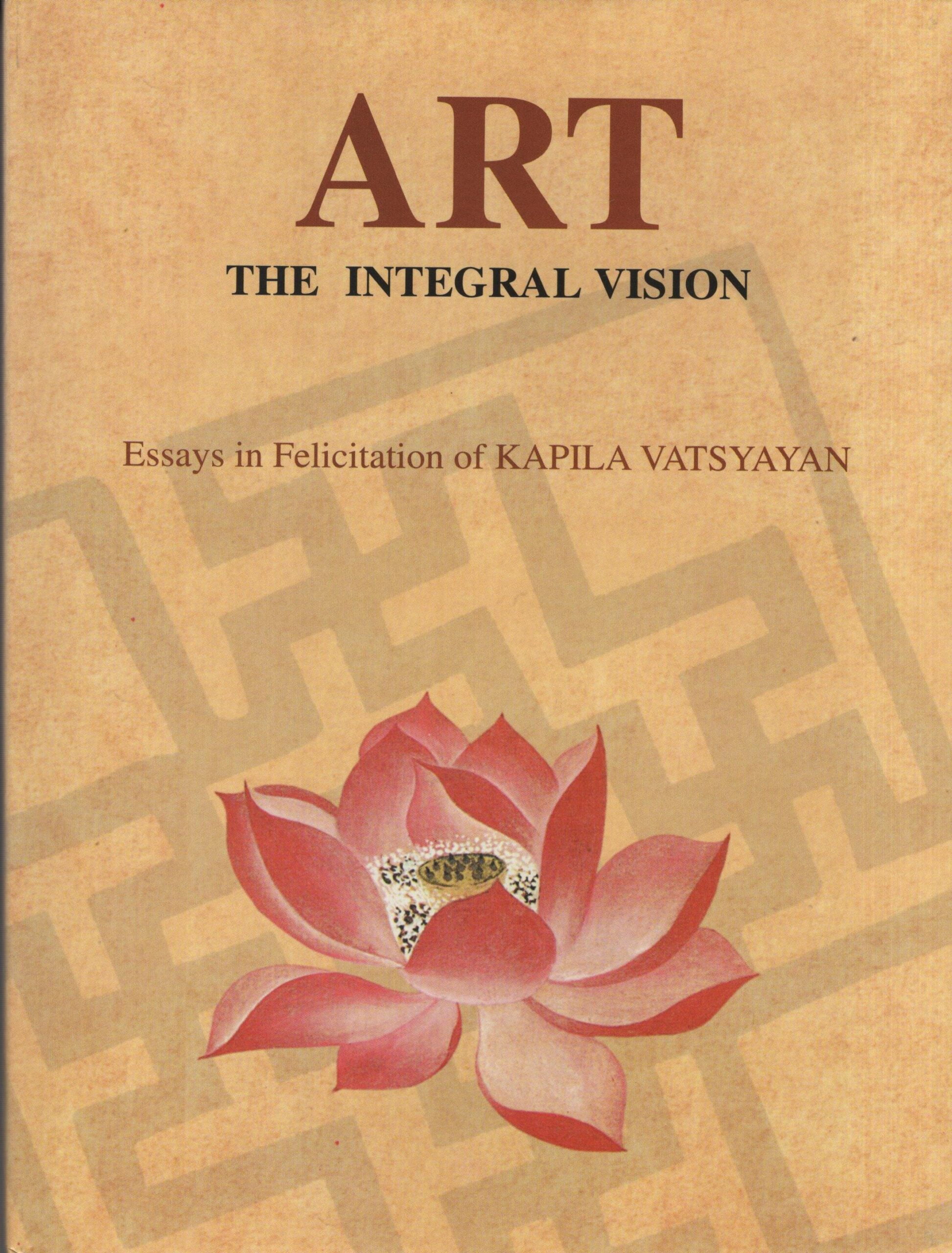
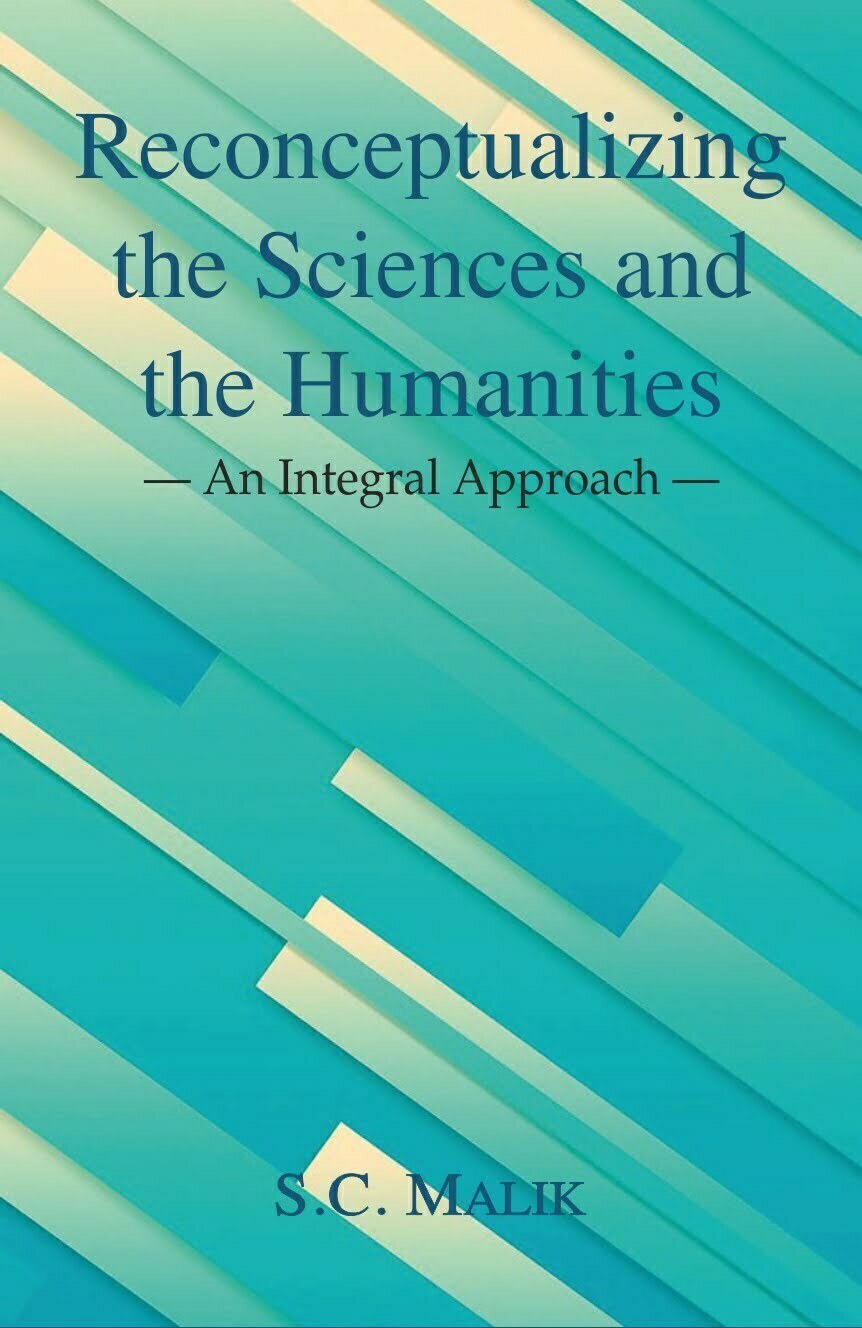
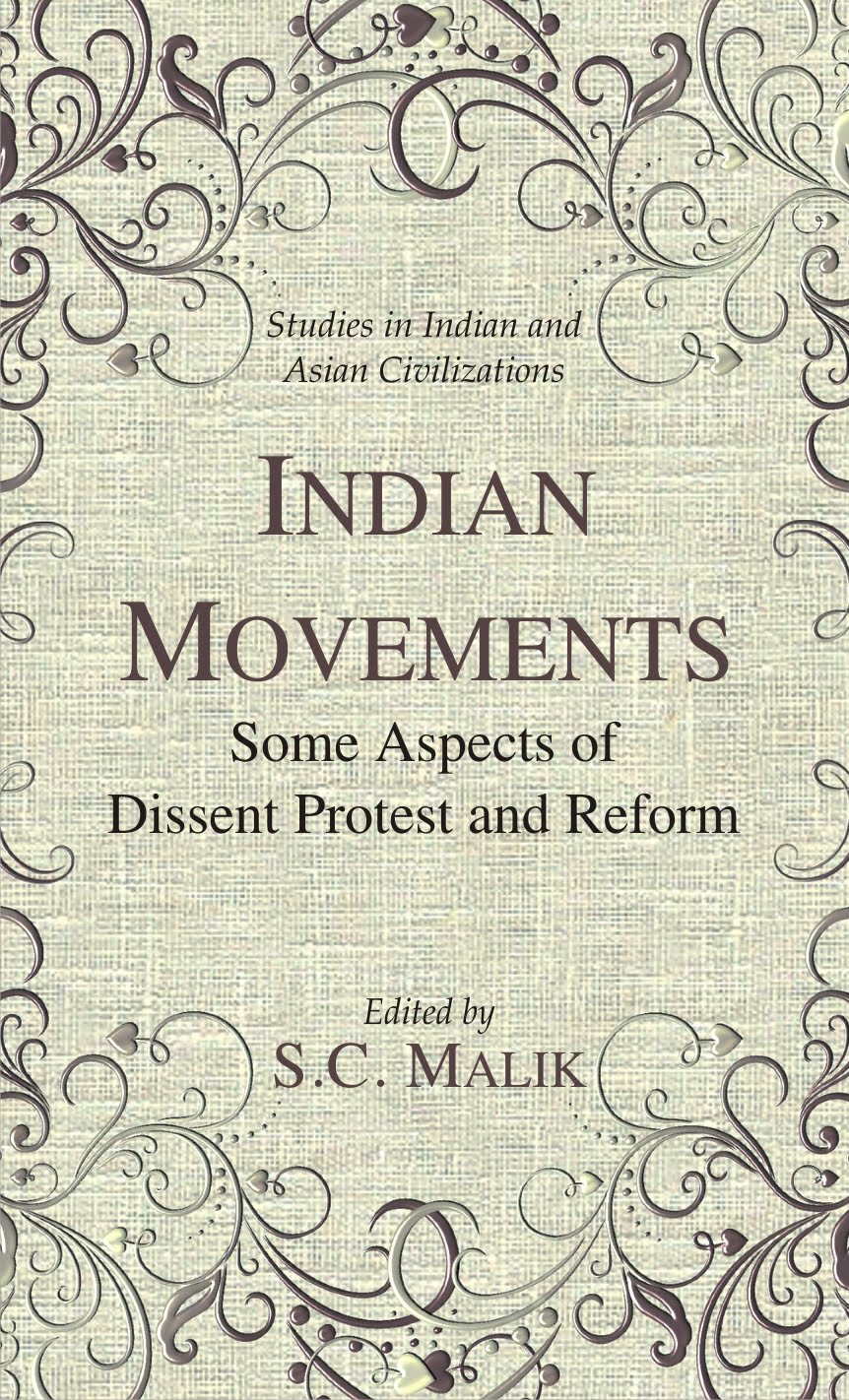
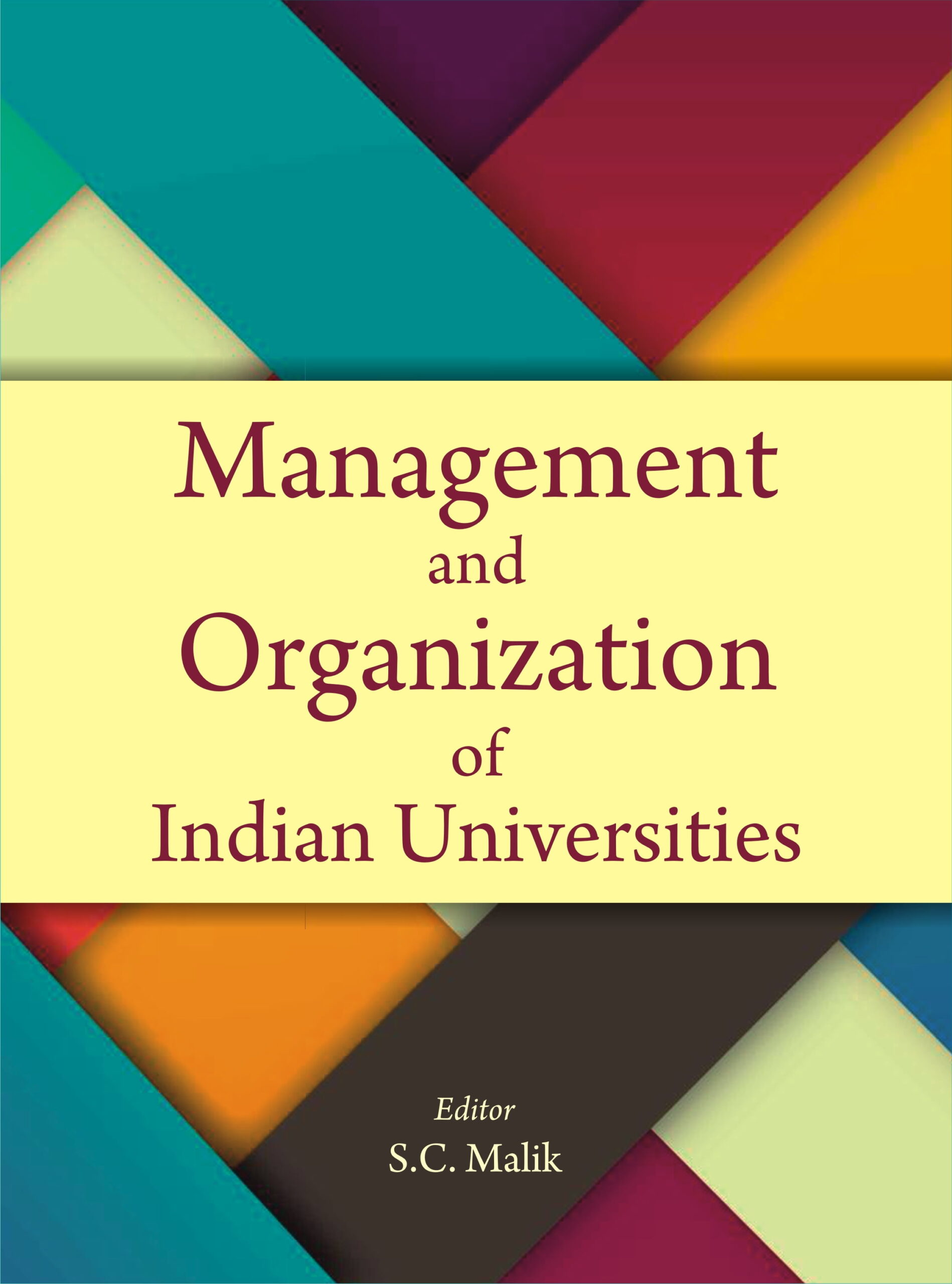
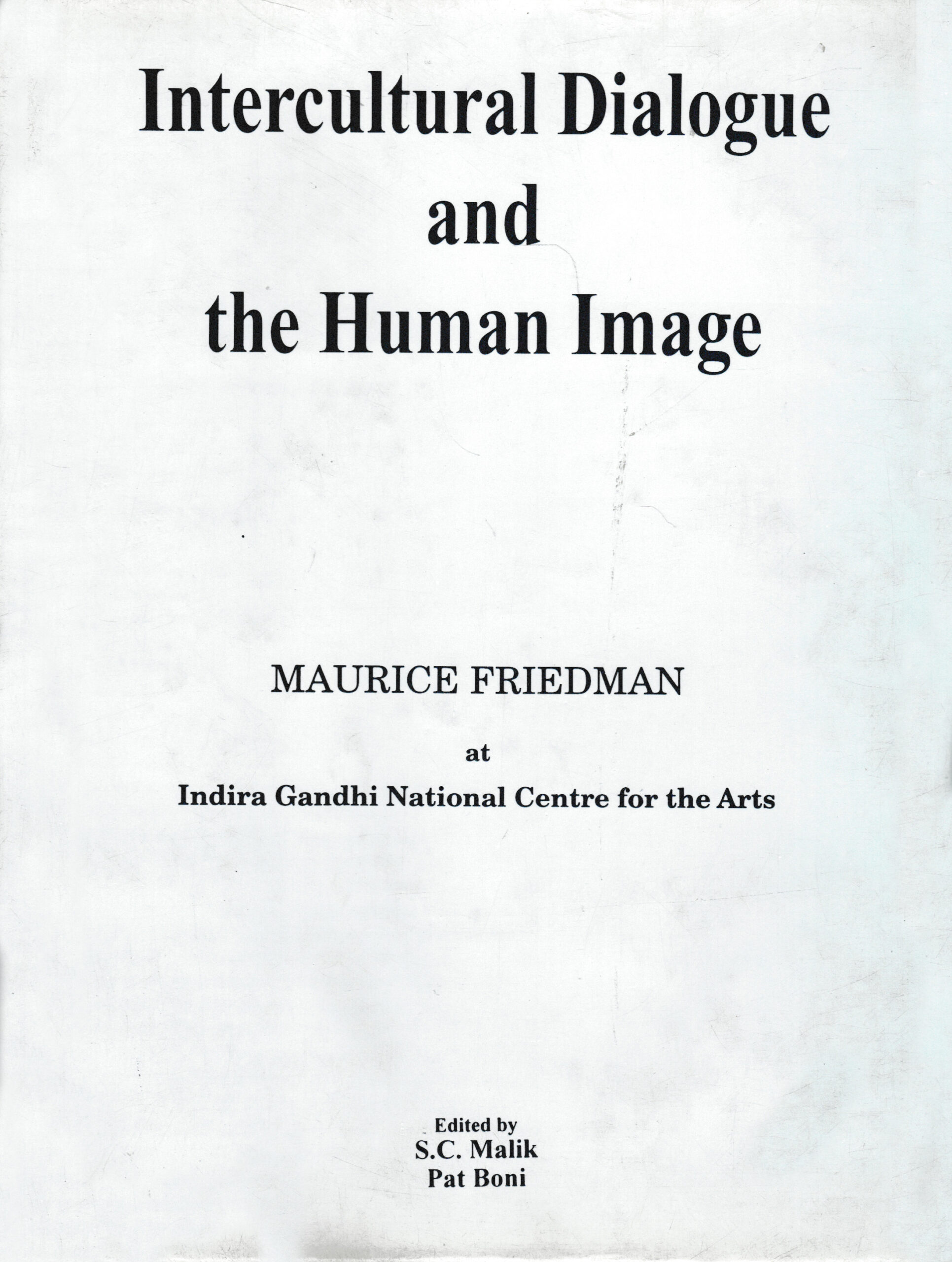
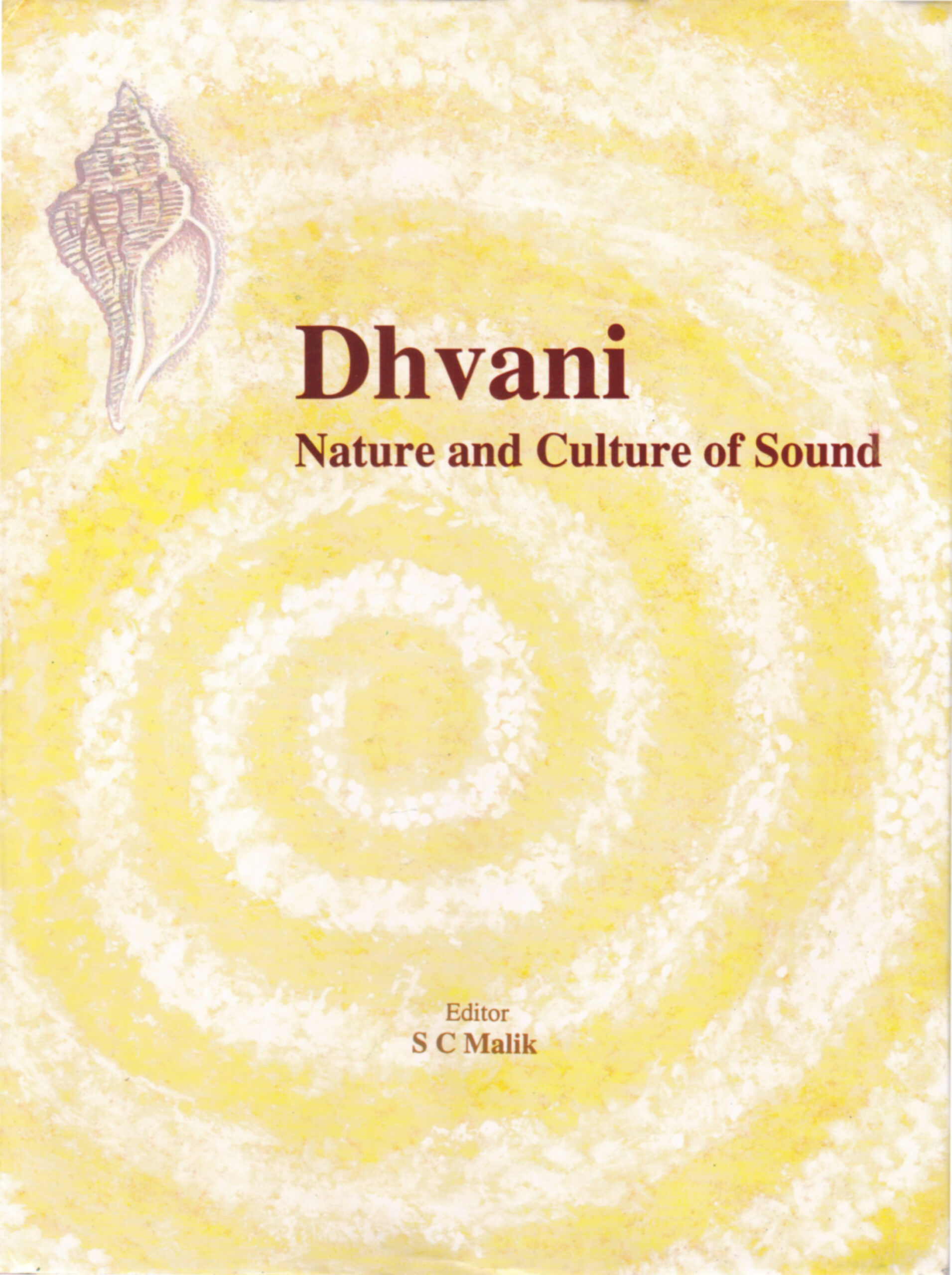
| There are no products |